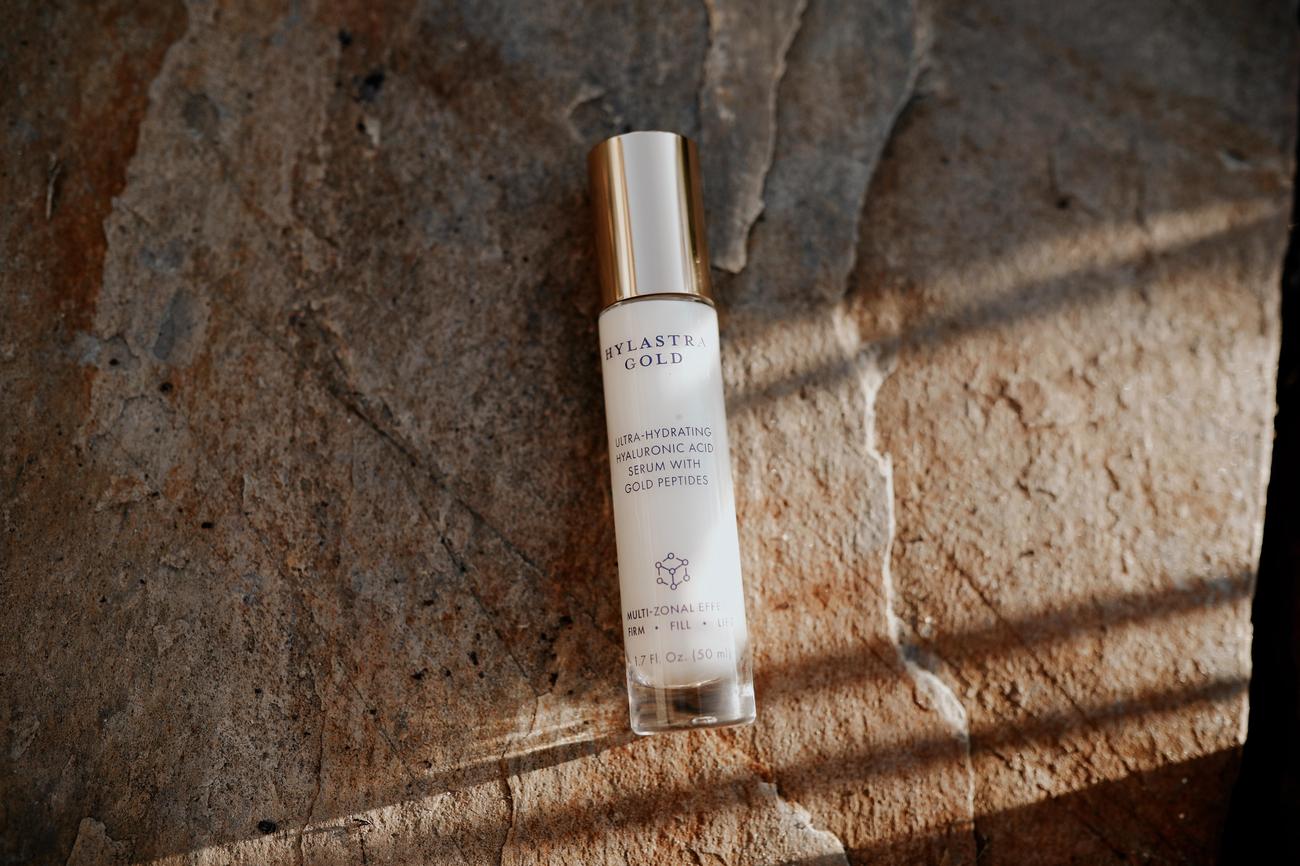Welcome to the dynamic world of cosmetology school curricula, where creativity and precision meet hands-on practice and theoretical knowledge. As a seasoned cosmetologist with over a decade of experience, I have witnessed firsthand how the beauty industry has evolved and the ever-increasing importance of a comprehensive education. In this article, we will delve into the multifaceted nature of cosmetology school curricula, exploring the practical skills, theoretical concepts, and latest trends that shape aspiring beauty professionals. So, whether you’re a student eager to embark on a journey in cosmetology or simply curious about the inner workings of this fascinating field, prepare to be captivated by the captivating world of cosmetology school curricula.

Cosmetology School Curriculum
When it comes to cosmetology school curricula, there’s no doubt that they play a crucial role in shaping the future beauty professionals. These programs offer a forward-thinking education designed to equip students with the skills and knowledge needed to excel in the dynamic world of cosmetology. From theory to hands-on practice, a well-designed curriculum lays a solid foundation for aspiring cosmetologists to thrive. Let’s dive deeper into the comprehensive and exciting journey that a cosmetology school curriculum entails.
The Beauty of Theory and Practical Skills
A robust cosmetology curriculum balances theory and practical skills to ensure students develop a well-rounded understanding of the beauty industry. The theory component covers a wide array of subjects, ranging from the types of hair and their characteristics to skincare, makeup application, and even anatomy and physiology. This theoretical knowledge provides the necessary groundwork for students to comprehend the science behind cosmetology. It also helps them understand the diverse needs of clients, enabling them to personalize their services accordingly. As the saying goes, “knowledge is power,” and having a solid theoretical foundation sets the stage for success in the beauty industry.
However, theory alone is not enough. Hands-on practice is a vital component of any cosmetology school curriculum. It’s in the practical application of skills where aspiring beauty professionals truly blossom. Through practical training sessions, students get to explore various techniques, such as color theory, hair cutting techniques, shampooing, hair conditioning, and even nail technology. These hands-on experiences allow students to refine their skills and develop the precision and creativity needed to excel in this dynamic field.
Embracing the Dynamic Nature of Education
The beauty industry is constantly evolving, with new trends, techniques, and products emerging all the time. A reputable cosmetology school curriculum takes this dynamism into account, ensuring students stay updated and adapt to the ever-changing landscape. For example, the Aveda Institute Cosmetology Program goes beyond traditional textbooks, offering additional techniques specific to Aveda. By incorporating a Texture Curriculum, they equip students with the knowledge and skills to tackle diverse hair textures and styles.
Similarly, the cosmetology school at Paul Mitchell focuses not only on technical skills but also on essential professional development. Their curriculum includes resume creation and job search skills, recognizing that success in the beauty industry requires more than just technical expertise. It’s a testimony to how cosmetology programs strive to prepare students holistically for the real world of work.
Pros and Cons: The Reality of Every Curriculum
While cosmetology school curricula undoubtedly offer immense value, it’s important to acknowledge that, like any educational program, they come with their pros and cons. Let’s take a closer look at these:
- Pros:
- Comprehensive curriculum covering essential cosmetology subjects.
- Focus on hands-on practice for skill development.
- Integration of theory and practical skills for a well-rounded education.
- Embrace of the dynamic nature of the beauty industry, staying updated on trends and techniques.
-
Preparation for professional development and job search strategies.
-
Cons:
- Wide range of subjects may lead to limited depth in certain areas.
- The fast-paced nature of the beauty industry may cause some curriculum aspects to become outdated.
- Limited focus on individual creativity, as standardized techniques are often emphasized.
- Duration of the programs may vary, leading to differences in the depth of knowledge and skill development.
A Dynamic Journey into the Beauty Industry
In conclusion, the world of cosmetology school curricula is truly dynamic. It blends theory and practical skills to pave the way for aspiring beauty professionals. Through a comprehensive curriculum that covers a wide array of subjects, students gain the knowledge and technical expertise to excel in this exciting field. The emphasis on hands-on practice ensures they develop the precision and creativity needed to serve their clients effectively. In a constantly evolving industry, these programs adapt to new trends and techniques, preparing students to thrive in the ever-changing beauty landscape. So, if you’re considering a career in cosmetology, embracing the journey of a cosmetology school curriculum is a fantastic way to embark on this creative and rewarding path!
“In the world of cosmetology, a robust curriculum that balances theory and practice is key to unlocking the doors to success.”
If you’re curious about what goes on in cosmetology school, we’ve got you covered! Discover the 20 most fascinating facts that will give you a whole new appreciation for this field. From the latest trends in hairstyling to the art of makeup application, cosmetology school is a hub of creativity and skill-building. Dive into the world of beauty and learn about the intricate techniques and in-demand services that students master during their education. Explore the ins and outs of the industry and gain insights into the rewarding career opportunities that await cosmetology graduates. Ready to embark on this exciting journey? Check out our article on 20 Facts About Cosmetology School and prepare to be amazed.
To satisfy your curiosity, click on this active internal link: 20 Facts About Cosmetology School

FAQ
Question 1: What subjects are typically covered in a cosmetology school curriculum?
Answer 1: A cosmetology school curriculum typically includes subjects such as tools and their use, types of hair, shampoo, chemicals and their use, electricity, skin diseases and conditions, anatomy and physiology, and nail technology.
Question 2: What additional techniques are taught in the Aveda Institute Cosmetology Program?
Answer 2: The Aveda Institute Cosmetology Program teaches additional Aveda techniques beyond what’s offered in other leading national textbooks, including a Texture Curriculum.
Question 3: What are some of the typical coursework requirements in a cosmetology school?
Answer 3: Typical coursework requirements at a cosmetology school include theory, cold waving, coloring of hair, hair conditioning, hair shaping, and more.
Question 4: What fundamentals do students learn in cosmetology schools?
Answer 4: Students in cosmetology schools learn about the fundamentals of cosmetology, required sterilization and sanitation processes and procedures, and how to properly utilize cosmetology equipment.
Question 5: What skills does Empire Beauty School’s cosmetology curriculum focus on?
Answer 5: Empire Beauty School’s cosmetology curriculum focuses on providing the basic skills and knowledge needed for the cosmetology business, including resume creation and job search strategies.
“`json
“`
- Jerry McSorley’s Post-Divorce Life: New Beginnings - July 16, 2025
- The Rise and Fall of the New Haven Nighthawks: A Minor League Hockey Legacy - July 16, 2025
- Unlock Jerry McSorley’s Career Highlights: Eye Tax Inc.’s Solar Success - July 16, 2025
















